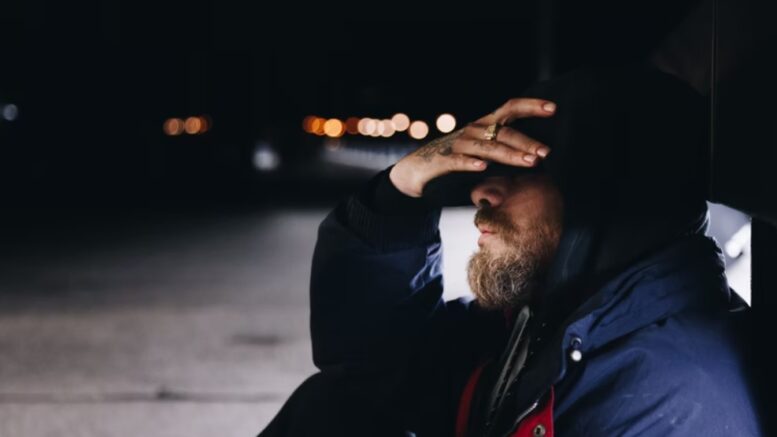Living in the modern world is one of the most complicated experiences that humans could face. We might have everything that the previous generations lacked, like access to technology and other commodities, but increasing social and economic barriers exert a heavy toll on our emotional balance. Some people say it is easier to live as well since there are endless opportunities for everyone. However, there are still many issues that need to be solved, and one of them certainly is social isolation and mental health disorders.
Mental health problems have always existed since we started to build communities. It has been a part of our history, even if they were often considered dangerous or comical. In some instances, the presence of a mental problem was outright denied. Stories of psychological institutions as sources of horror have been prevalent throughout history and for many good reasons. Doctors also used some questionable procedures like lobotomy and other extreme ones like electrocution and burning to treat their patients with inconsistent results.
We cannot deny that there is still a stigma against it in the modern world. Everybody can experience it in common places like schools and offices, but it can be found in mainstream media, politics, religion, and sports as well. However, there is more interest in accepting mental issues as a part of life, and treatment is also easier to access. You can also see it being discussed on the internet along with television, which was almost impossible just ten years ago.
Depression Can Just Happen
One of the most common mental disorders that have been prevalent for a long time is depression. Many people seem to believe that it is just another level of sadness. Others also confuse it with grief, which is something that many will experience after a traumatic event or loss. However, depression is more than just sadness: it is an underlying issue that occurs deeply within their brain. People with depression would usually see the world around them differently or sometimes not see the world at all.
What do we mean by the last statement? Pepole who suffer from depression can often be described as those who are losing the will to live. It is not just sadness – being in a depressive state means living a pervasive feeling of melancholy all day long. Grief is different as there is a tangible reason why you feel it; in this mental disorder, though, there are many people who experience it without a prior reason. This makes depression a difficult disorder to diagnose, and an even more complex condition to treat.
For example, some medications might take a long time before you get used to them. There are also so many of them, and each one has its mixture of ingredients that may differ from one another. It is not like a headache for which you can find a specific cure that you can get from a pharmacy. Most of the antidepressants that you will get must be prescribed by psychiatrists only. For this reason, buying them can get expensive at times, depending on the condition.
On top of that, there are also times when the person taking it wants to or has to stop for various reasons. However, doing it abruptly can be dangerous. You may experience some antidepressants withdrawal if it happens. It seems so alarming given what we know about addictive drugs these days. Those who are addicted suffer from withdrawal conditions if the substance they are addicted to is removed from their lives. In this case, suffering from withdrawal due to antidepressants is a normal occurrence that is not necessarily linked with abuse or addiction.
It Is Not Addiction
Why is this the case? Our headstrong but still delicate human bodies are used to routines. We like doing things that we are already used to, and it also reflects on our behavior. Taking antidepressants is something that we will do on a routine, and our body already anticipates its effects once we are taking them for a long time. However, the problem begins once we stop, since our body will start “craving” for the substance.
This does not mean that you are already addicted to the medication. Rather, it is your body telling you that you are missing something from your routine. After stopping it, you might experience depression-like symptoms like lack of energy and loss of interest in your usual activities. It can be alarming, especially if it is your first time experiencing such issues. However, how will you know if you need help, or you can just wait it out for the withdrawal symptoms to cease?
One of the best ways to know for sure is going back to your psychiatrist. They are the ones who know what to do about your condition. You might need to adjust your medication or slightly increase the dosage depending on the severity of the symptoms. It might seem like you are starting over from scratch, but most of the time, this is not the case. Your mind and body are just trying to reach some balance after eliminating something that it has been used to for so long.
It is important to take good care of yourself as well. Stopping medication is one of the most dangerous processes after any kind of disease or disorder. Your body is still weak, and other things could latch onto you without notice. Try to stay away from your triggers and create a better environment for yourself, as this article says.
Conclusion
If you think you are suffering from depression, it is also crucial to go to the right specialist. Remember, it is not a condition that you can solve in a short time. There are many changes that you need to make in your life before you can start the healing process. Be patient, and make sure to follow your psychiatrist’s advice at all times.
